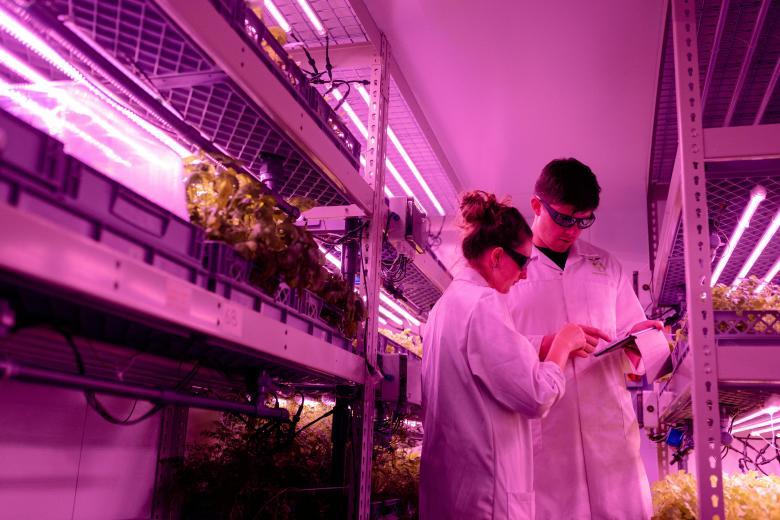Research
IGIR focuses on the concept of “Trust in Trade”. This serves as overarching focal point for analysing the regulation of global markets and the roles played by national, regional, and international actors and institutions.
Trust in trade is currently under significant pressure from multiple sources. Trust in trade, and the existing regulatory regime, is eroded by the devasting impact of today’s economic activity on sustainability. The rise of economic nationalism also signals the erosion of trust in trade, and the rules that govern it. Finally, trust in trade is affected by competition over innovative technologies, and concerns about their impact on national sovereignty, interests, and values. While competition is good, the ‘race to control’ may lead to a race to the bottom.
IGIR analyses how to restore trust in trade. For stakeholders to regain trust in the international economic law regime, it is crucial that the regime facilitates a shift towards sustainable and inclusive trade and takes account of stakeholders’ interests and appropriately balances them in case of conflict.
IGIR conducts its work through interdisciplinary research and activities, exploring the interplay between trade, investment, competition, and IP rules. Additionally, IGIR has established three specialised research clusters that concentrate on international economic regulation in the contexts of sustainability, technological innovation, and competition.

